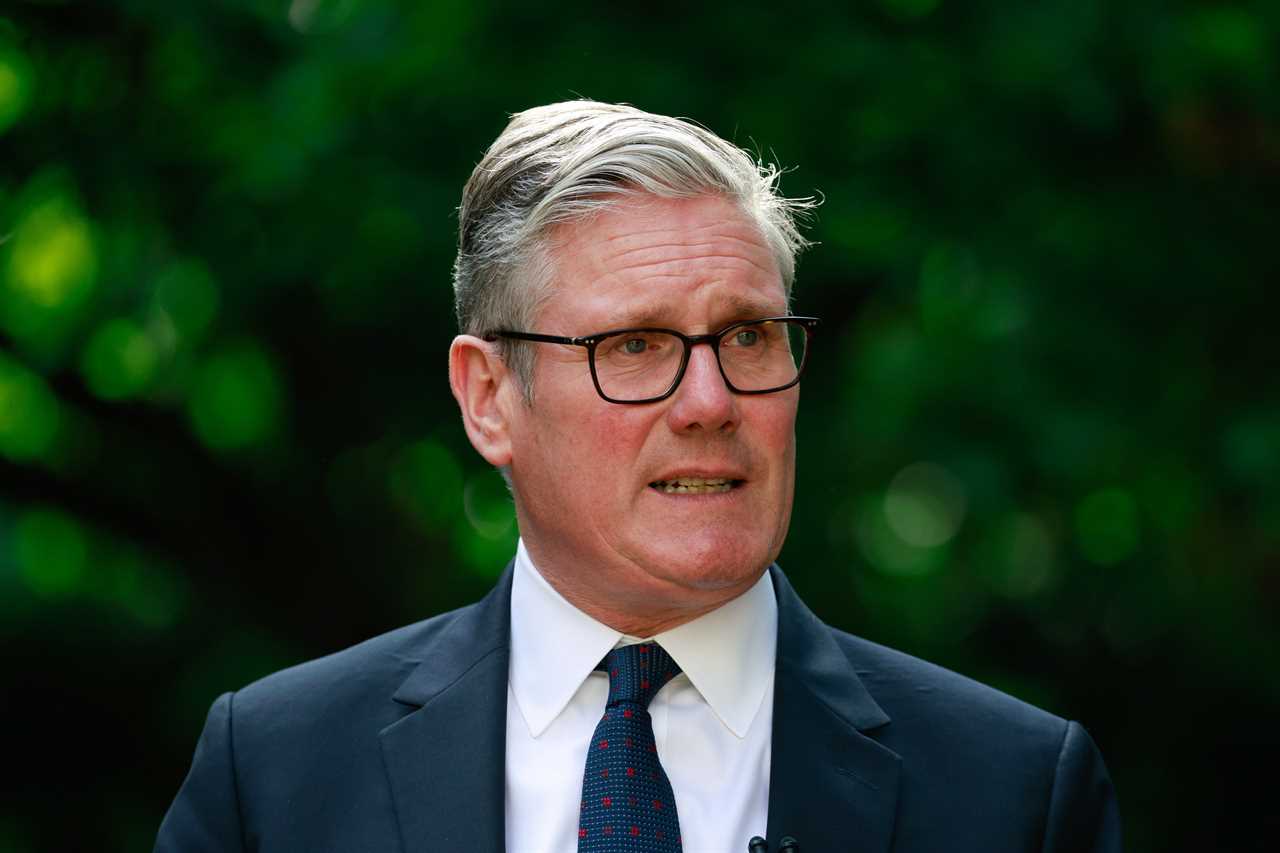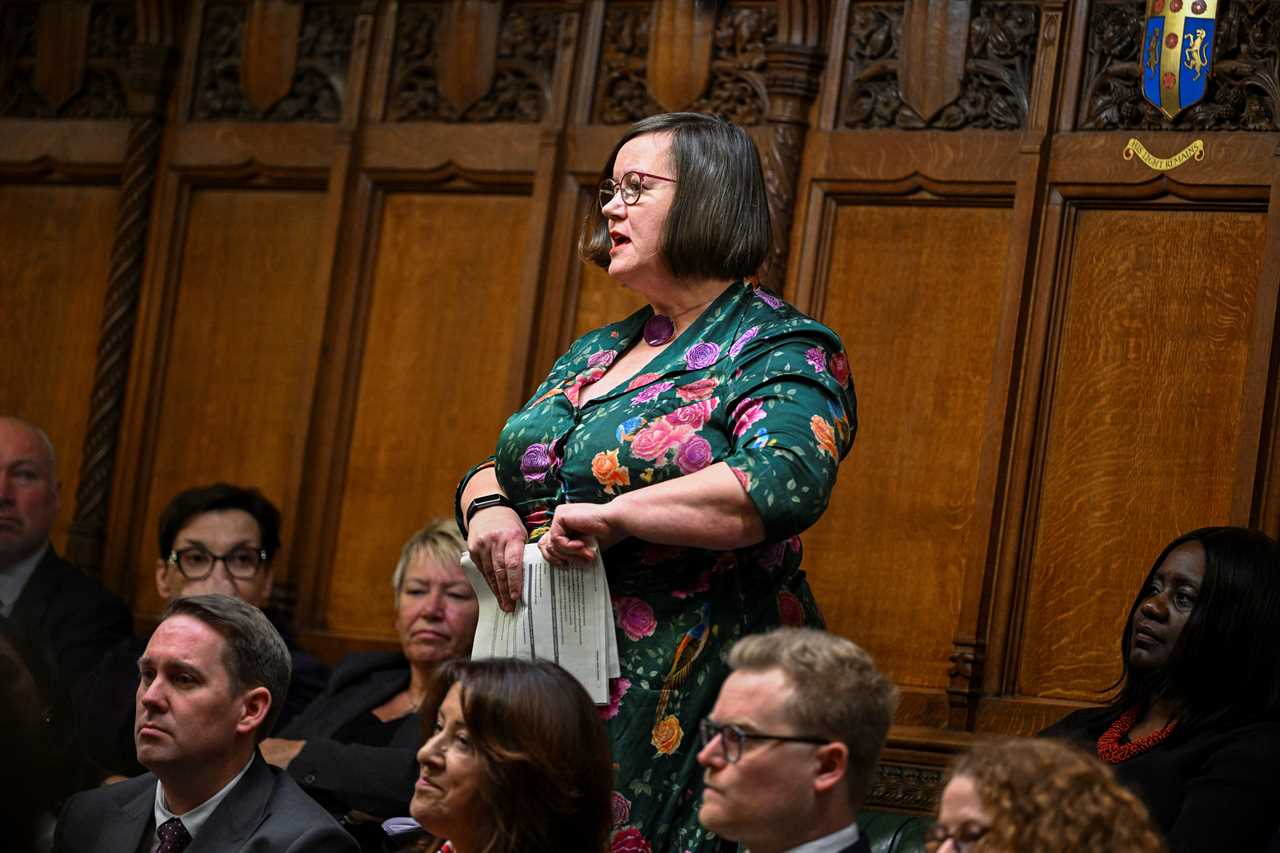
In the midst of a growing rebellion within his own party, Sir Keir Starmer remains resolute in his commitment to a £5 billion welfare overhaul, sparking Labour's most significant internal strife since his leadership began. The clash over benefit reforms underscores a deeper struggle within the Labour Party regarding the direction of social policies and their impact on vulnerable groups. The tension between fiscal responsibility and social welfare imperatives lies at the heart of this contentious debate.
Challenging the Status Quo: The Moral Imperative of Reform
Sir Keir's steadfast defence of the proposed welfare changes stems from a belief that the current system is fundamentally flawed, ensnaring individuals rather than empowering them towards meaningful employment. The moral argument he presents, while contentious, highlights a critical aspect of the reform agenda. However, critics argue that the proposed reforms risk exacerbating poverty levels, particularly among disabled individuals and children, raising ethical concerns about the broader implications of the policy.
The Political Calculus: Navigating Labour's Internal Strife
As Labour MPs grapple with the impending vote on the Universal Credit and Personal Independence Payment Bill, the party faces a profound dilemma. The divide between those advocating for fiscal prudence and those championing social protection mirrors broader ideological fault lines within Labour. The delicate balance between economic sustainability and social justice underscores the complexities inherent in crafting effective welfare policies that cater to diverse societal needs.
The Human Impact: Unpacking the Proposed Benefit Changes
Beneath the political manoeuvring and parliamentary debates lies the tangible impact of the proposed benefit changes on vulnerable individuals. The intricate criteria and thresholds set for benefit eligibility reveal a system in flux, where nuances in daily living activities dictate access to crucial financial support. The potential ramifications of these alterations extend beyond mere numbers, shaping the lived experiences of hundreds of thousands of benefit recipients across the nation.

While the government frames the reforms as essential for curbing escalating welfare costs, critics argue that the rushed and stringent nature of the proposed changes risks disproportionately affecting disabled individuals and those in need of long-term support. The tension between fiscal prudence and social responsibility underscores the broader societal questions surrounding the welfare state's role in ensuring equitable outcomes for all citizens.
Looking Ahead: Towards a More Equitable Welfare Landscape
As the political showdown over benefit reforms intensifies, the fundamental questions of fairness, sustainability, and social solidarity come to the fore. The clash within Labour reflects a deeper struggle within society to balance competing priorities of economic efficiency and social justice. The outcome of this battle will not only shape the future of welfare policies but will also define the party's commitment to upholding its core values in the face of complex and challenging circumstances.
Did you miss our previous article...
https://trendinginthenews.com/uk-politics/nigel-farages-proposal-redistributing-wealth-or-billionaire-bonanza






